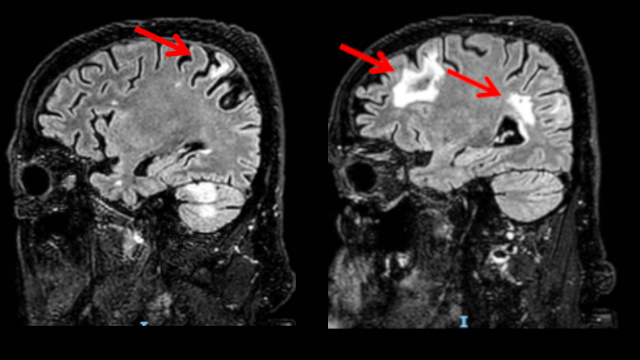3136 results for «437»
3136 results
Bridging perspectives: bifurcation lesions - A global case exploration
16 May 2024 – From EuroPCR 2024
This session explores the management of bifurcation lesions from a global perspective, featuring case studies and discussions from experts in various regions. The session covers topics such as when to use two stents for bifurcation lesions, techniques for managing complicated Medina 0,0,1 bifurcation lesions, and the...
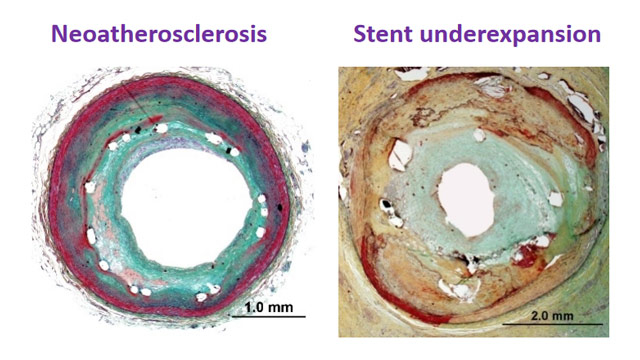
New data on TAVI
16 May 2024 – From EuroPCR 2024
This session presents the latest research and data on transcatheter aortic valve implantation (TAVI). It covers a range of topics, including long-term results of TAVI versus surgical aortic valve replacement in low-risk severe aortic stenosis, real-world experience with novel transcatheter heart valve devices, outcomes in patients...
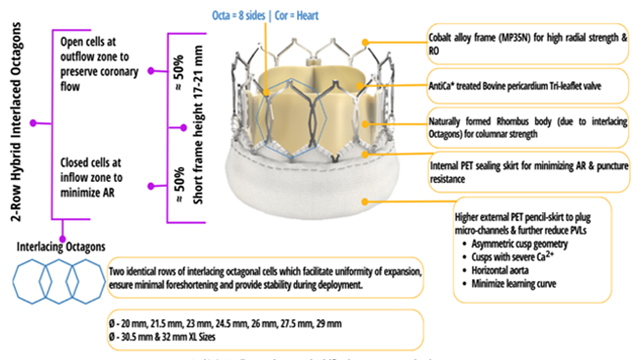
TAVI: when calcifications are the major issues
16 May 2024 – From EuroPCR 2024
This session explores various challenging TAVI cases where severe aortic valve calcification was the main obstacle. Presenters share their experiences and strategies in overcoming these complex anatomical issues, including the use of techniques like the buddy balloon technique, snare technique, and innovative approaches to cross the...
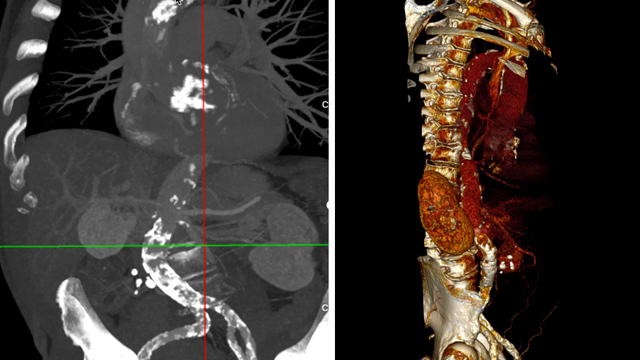
ABC of cathlab education
16 May 2024 – From EuroPCR 2024
This session provides a comprehensive guide on educating and training new staff in the catheterization laboratory. Attendees will learn about effective teaching strategies, available educational tools, and how to create an optimal learning environment. The session covers topics such as onboarding new staff, utilizing simulation-based training,...
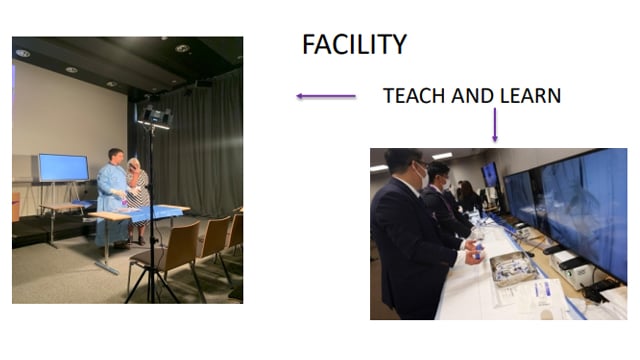
Innovations in transcatheter valve interventions: moving the flow in the right direction
13 May 2024 – From EuroPCR 2024
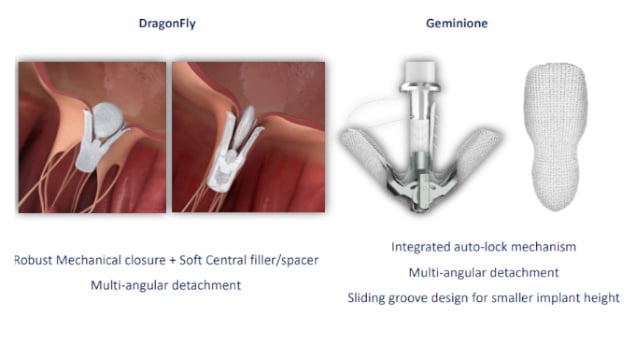
Feedback from Innovator's Exchange Hub
13 May 2024 – From EuroPCR 2024
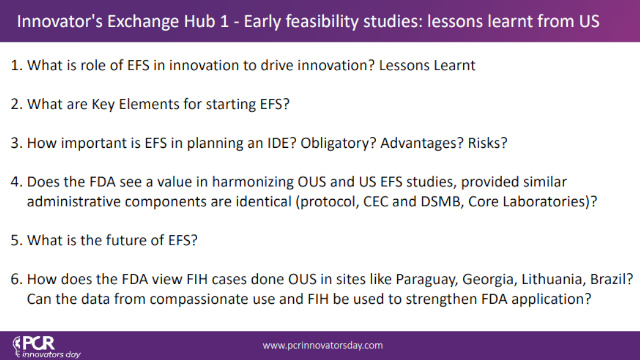
PCI complications: stay vigilant to prevent, recognise and manage
16 May 2024 – From EuroPCR 2024
This session focuses on recognizing and managing serious PCI complications, with a particular emphasis on unique coronary artery disease presentations in Middle Eastern patients. Through interactive case discussions, attendees will learn how to prevent, identify, and effectively manage complications such as no-reflow, side branch compromise, and...
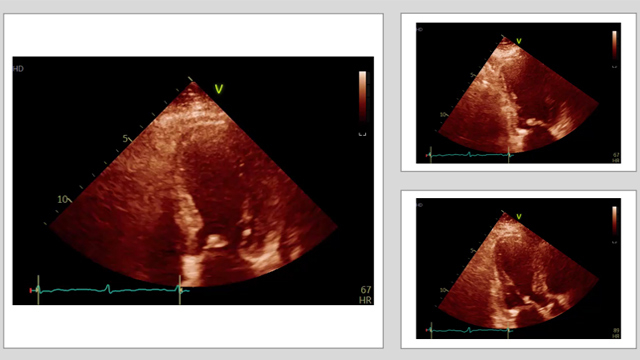
Innovations in renal denervation: deja vu or reality?
13 May 2024 – From EuroPCR 2024
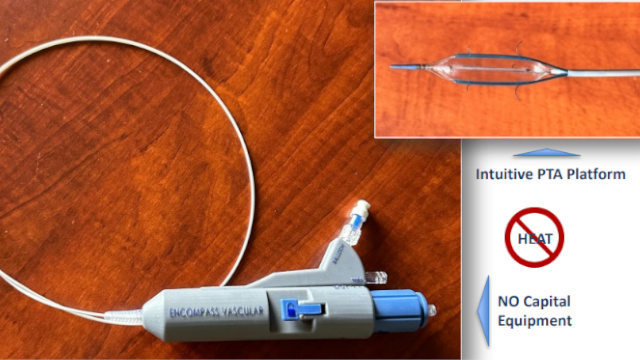
Challenging LAA occlusion cases
16 May 2024 – From EuroPCR 2024
This session features selected clinical case submissions that explore complex and challenging scenarios in left atrial appendage (LAA) occlusion procedures. Participants will learn about techniques for rescuing a migrating LAA occluder, managing incomplete surgical LAA ligation, and utilizing specialized techniques like the "kissing" approach for LAA...
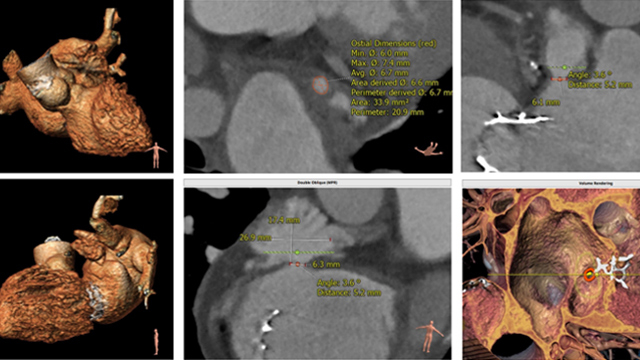
Innovative approaches to rare PCI complications in NSTEMI
16 May 2024 – From EuroPCR 2024
This session features selected clinical case submissions that explore complex PCI scenarios in NSTEMI patients. Participants will learn about rare complications following coronary angioplasty, strategies for identifying the correct culprit lesion, techniques for managing pericardial effusion, and other challenging situations encountered during complex PCI in NSTEMI....
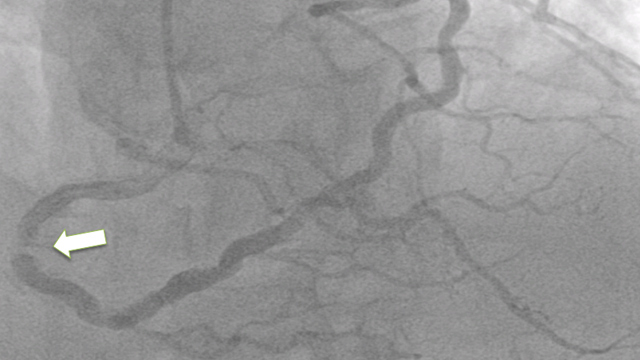
Challenges and complications in STEMI: resuscitated cardiac arrest, left ventricular free wall rupture & more!
16 May 2024 – From EuroPCR 2024
This session presents a series of challenging and complex STEMI cases, highlighting the various complications that can arise during primary PCI. Attendees will witness real-life scenarios, including resuscitated cardiac arrest, the use of rotational atherectomy, left ventricular free wall rupture, and more. Through interactive discussions, the...
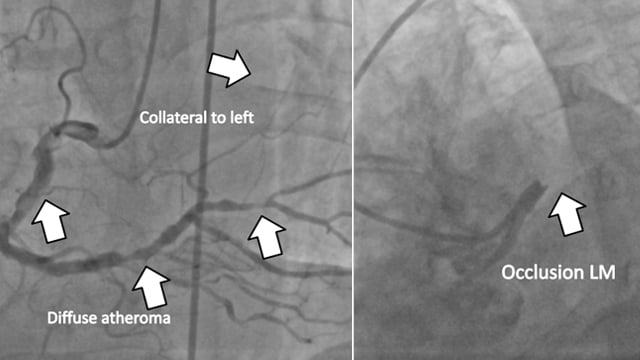
State-of-the-art on left main interventions in Latin America
16 May 2024 – From EuroPCR 2024
This session, in collaboration with the Sociedad Latino Americana de Cardiologia Intervencionista (SOLACI), provides insights into the management of left main coronary artery disease in Latin America. Attendees will learn about the revascularization guidelines for left main in the region, the approaches to left main bifurcations...
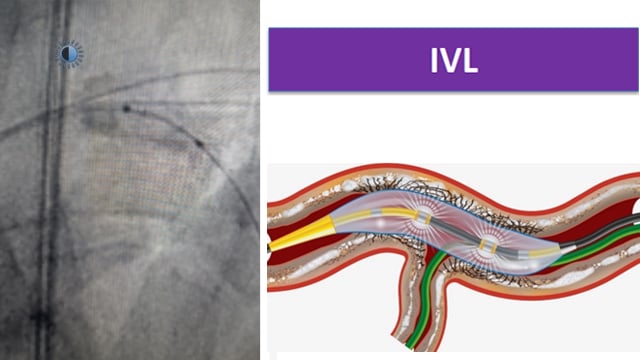
Trial updates and featured clinical research
16 May 2024 – From EuroPCR 2024
This session showcases a selection of the latest clinical research and trial updates presented at EuroPCR 2024. Attendees will have the opportunity to learn about the findings from studies evaluating the use of OCT-guided PCI for chronic total occlusions, the safety and efficacy of short dual...
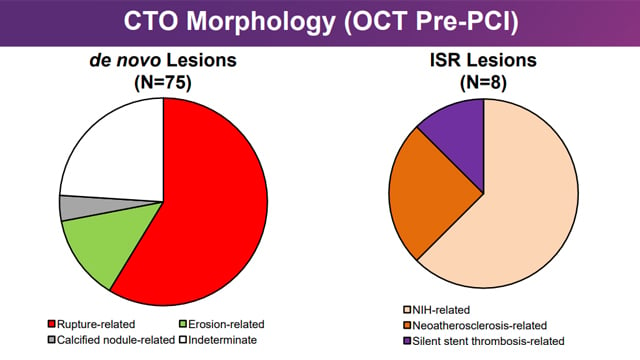
TAVI updates: expanding indications
14 May 2024 – From EuroPCR 2024
This session presents the latest updates and evidence on the expanding indications for transcatheter aortic valve implantation (TAVI). It covers topics such as the impact of unfavorable aortic valve anatomy on TAVI outcomes, sex-specific differences in cardiac damage in aortic stenosis patients undergoing TAVI, the use...
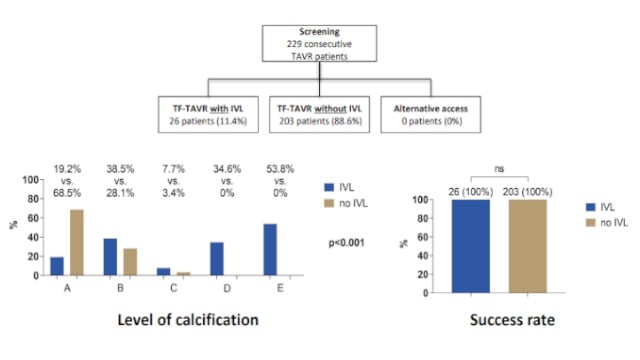
Coronary issues before, during and after TAVI
16 May 2024 – From EuroPCR 2024
This session presents a series of challenging clinical cases highlighting the complex interplay between coronary artery disease and transcatheter aortic valve implantation (TAVI). Attendees will witness real-world scenarios, including high-risk PCI with concomitant severe aortic stenosis, the management of degenerated aortic bioprostheses with the risk of...
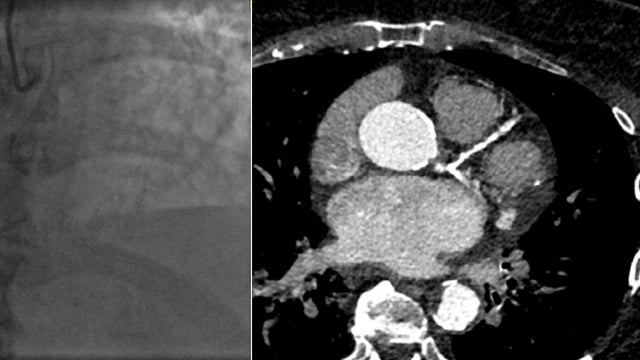
Unusual cases of PFO closure
15 May 2024 – From EuroPCR 2024
This session will feature selected EuroPCR 2024 Clinical Case submissions focused on unusual cases of patent foramen ovale (PFO) closure. Attendees will have the opportunity to explore challenging cases, such as unexplained hypoxemia in an elderly man post-lung cancer lobectomy, a case of persistent dyspnea and...
